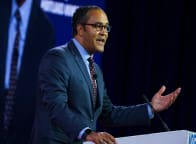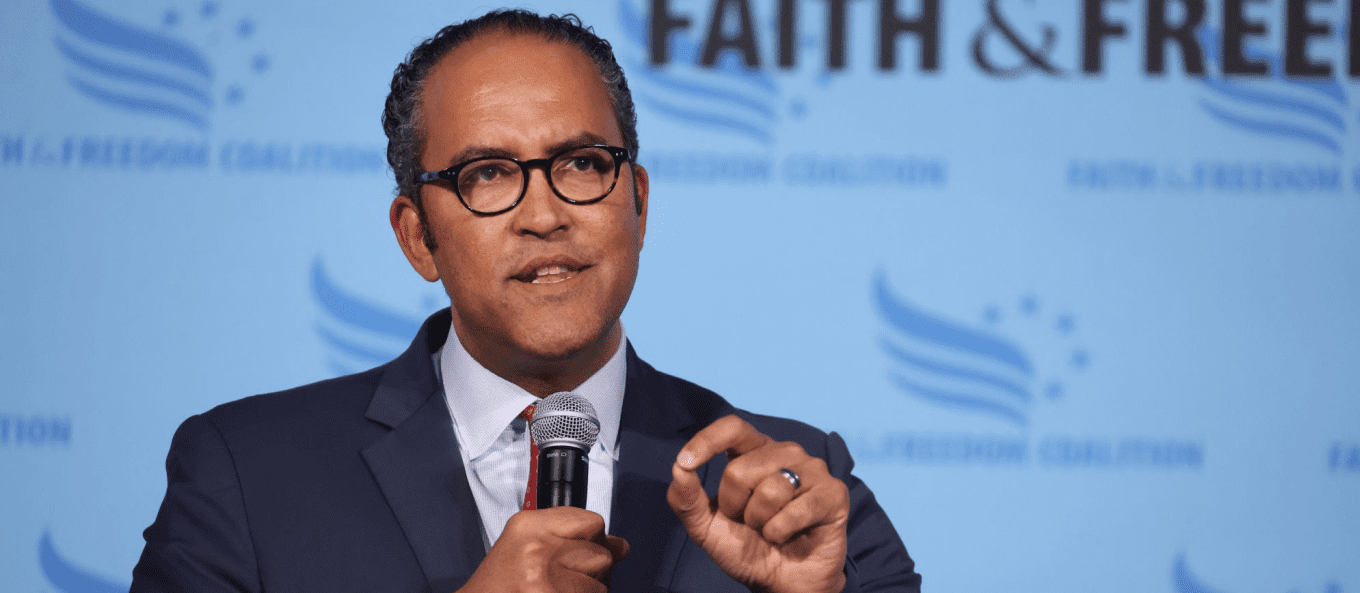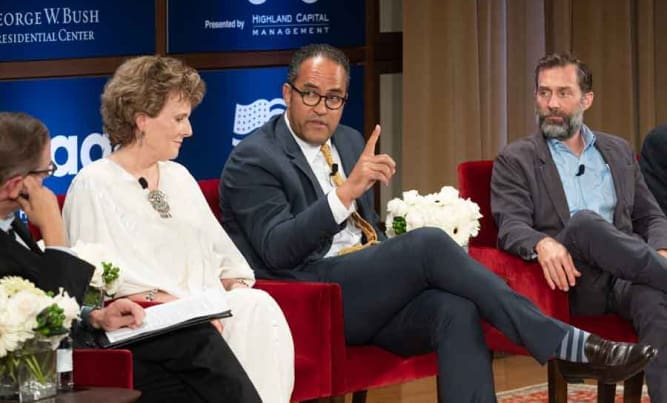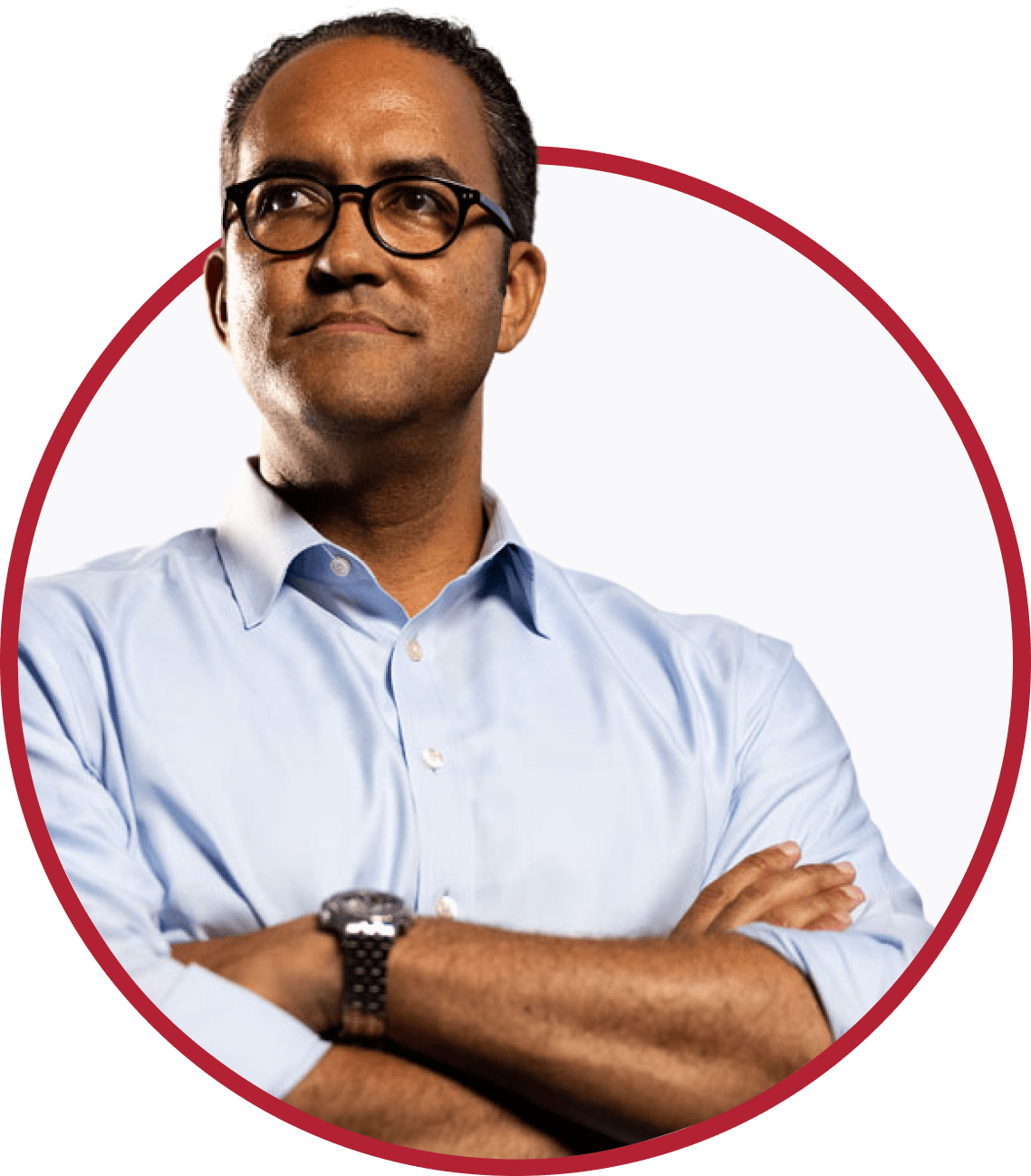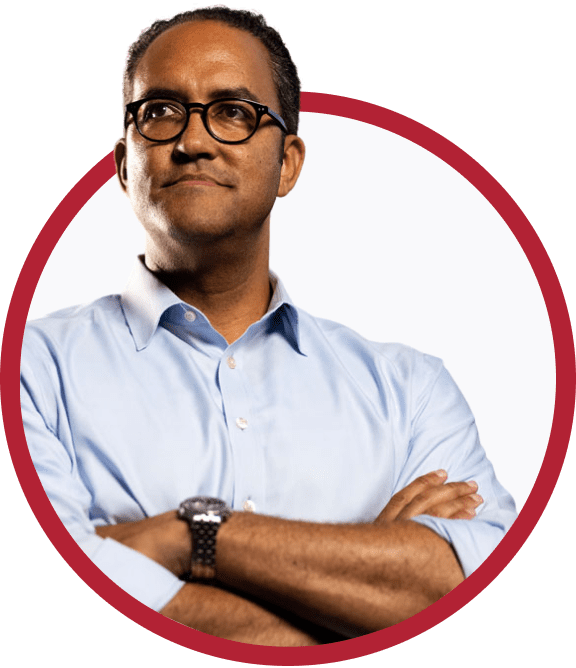The author generated this image with DALL-E, OpenAI’s transformer language model.
The technological change we have seen in the last forty years has been astonishing. Consider the Internet: In the 1980s to download a 5 MB file we had to get the approval of everyone in the house to use a 2400 Baud modem, because it would tie up the landline for 5 hours. In the 2020s, we can use artificial intelligence to generate high quality images in seconds or watch a movie on a computer we carry in our pockets – a smart phone.
When I was playing on my 23 lb. Commodore 64 computer, or taking computer science classes in high school and then majoring in computer science at Texas A&M University, one of the things that I always believed was that the Internet was going to be free and open for everyone. But this is one of the many preconceptions that a Council on Foreign Relations Independent Task Force on Cybersecurity, on which I was recently proud to serve, has had to debunk.
The Internet has become “a vital part of modern life, providing a backbone for critical civilian infrastructure, facilitating global digital trade, and promoting the exchange of ideas.”But, as we stated in our Task Force report, “The era of the global internet is over.”
“The era of the global internet is over.”
Here are our three primary conclusions:
- The Internet is Divided – U.S. policies promoting an open, global internet have failed, and Washington will be unable to stop or reverse the trend toward fragmentation. Data is a source of geopolitical power and competition and is seen as central to economic and national security.
- The Risks in Cyberspace are Rising – Increased digitization increases vulnerability to digital breaches, exposing every aspect of business and statecraft to disruption, theft, or manipulation. These breaches are generally used for espionage, political advantage, and international statecraft, with the most damaging attacks undermining trust and confidence in social, political, and economic institutions.
- We Have Failed to Impose Costs – The United States has failed to impose sufficient costs on attackers. Norms are more useful in binding friends together than in constraining adversaries. Indictments and sanctions have been ineffective in stopping state-backed hackers.
Why should we care about these findings? Because the Internet today is more fragmented, less free, and more dangerous for all of us. Just like we have to rethink our strategy towards our adversaries like China, we need to change how we think about technology.

We should also care because we are already on the trajectory where the next 40 years of innovation will make the last 40 years look like we were just monkeys playing in the dirt with sticks. If, in 2060, we want to be talking about how technological advancement further uplifted humanity rather than constrained it, then we are going to have to change our ways.
To reorient our society to take on this challenge our Task Force came up with the following three primary recommendations:
- Build a Trusted, Protected Internet Coalition – Digital trade agreements will have a significant influence on the future of the world economy. The United States needs to work with partner countries to build the next generation of digital trade agreements, such as agreeing to and adopting a shared policy on digital privacy that is interoperable with Europe’s General Data Protection Regulation (GDPR).
- Balance Targeted Pressure, Disruptive Cyber Operations, and Pragmatic Norms – While norms are more useful in binding friends together than in constraining adversaries, the U.S. and our allies should be the example of setting norms against destructive attacks on things like election and financial systems. But we must also hold states accountable for malicious activity perpetrated by their citizens, even if the activity originates from outside their borders.
- Get the U.S. House in Order – Cyberspace is now indisputably one of the central domains in which the United States competes with its adversaries. Digital competition must be a pillar of the national security strategy. Successful cyber strategy will mirror successful foreign policy, and requires leveraging political, diplomatic, military, and economic measures to achieve aims in cyberspace.
…the next 40 years of innovation will make the last 40 years look like we were just monkeys playing in the dirt with sticks.
These issues should matter to all Americans because since the end of the Second World War, our economy, way of life, and success as a nation have been based on America being the global leader in advanced technology. Maintaining this position is no longer guaranteed. But together we can resolve the problems which now confront us. Because in our great history this is what Americans have always done.
To read the complete CFR Task force report click here.
First time reading? If you want rational takes on foreign policy, politics and technology then sign up below for “The Brief.” It’s a twice a month email on things that aren’t being discussed but should – all in 5 minutes or less. You can register below.

